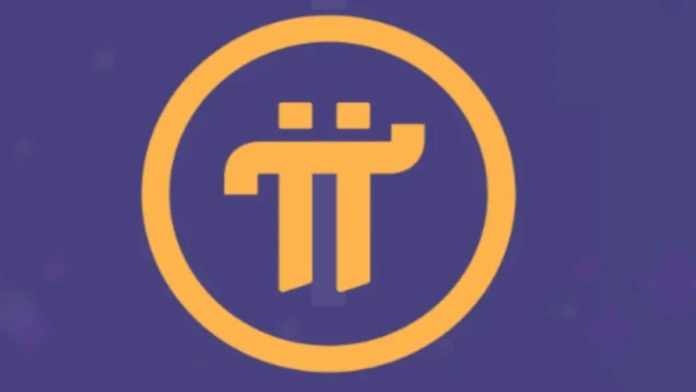Pi Network has the crypto industry buzzing this week with its official launch on the open mainnet from the testnet on Thursday. With reportedly over 60 million users able to mine the coin on their mobile phones, as it transitioned from an enclosed environment to public trading, Pi has become among the most widely adopted crypto projects in terms of user count.
The ability to mine the coin on a phone without draining the battery or processing power has been a low-barrier entry for the coin to attract millions of users worldwide.
The initial trading phase on Thursday saw high volatility as Pi Coin jumped to $2 after debuting at $1.70 and then losing more than 50 per cent of its value within hours. This is similar to the nature of other altcoins or memecoins which lose their almost entire value after the initial hype due to a combination of market dynamics, weak fundamentals, and investor speculation which remains unsustainable.
ALSO READPi coin: What is it, how to trade, and why it crashed
So, should you bet on Pi Coin? That depends on multiple factors around its fundamentals, risks, and potential.
First, volatility is a major concern, Sathvik Vishwanath, Co-founder & CEO at crypto exchange Unocoin told FE Online.
“Like any new crypto asset, Pi’s price is highly unpredictable, and early adopters who mined it since 2019 are now selling in bulk, adding to the selling pressure. This means short-term fluctuations are inevitable,” he added.
Another point to consider is exchange support. While Pi Coin has made it to a few notable platforms, it’s still missing from giants like Binance, limiting its liquidity and global reach.
Further, regulatory uncertainty in India, said Vishwanath, is also something investors should watch closely as crypto regulations are still evolving, and any sudden policy changes could impact trading.
Pi Coin is the native cryptocurrency of the Pi Network, founded by Stanford PhD graduates Nicolas Kokkalis and Chengdiao Fan. Designed as a mobile-first, mineable cryptocurrency, its use cases include peer-to-peer transactions, merchant payments, and decentralized applications (dApps) within its ecosystem.
ALSO READPi Coin listing: Open mainnet unlocks external trading and transfers — what it means for investors?
Before investing, Thangpandi Durai,
» Read More


